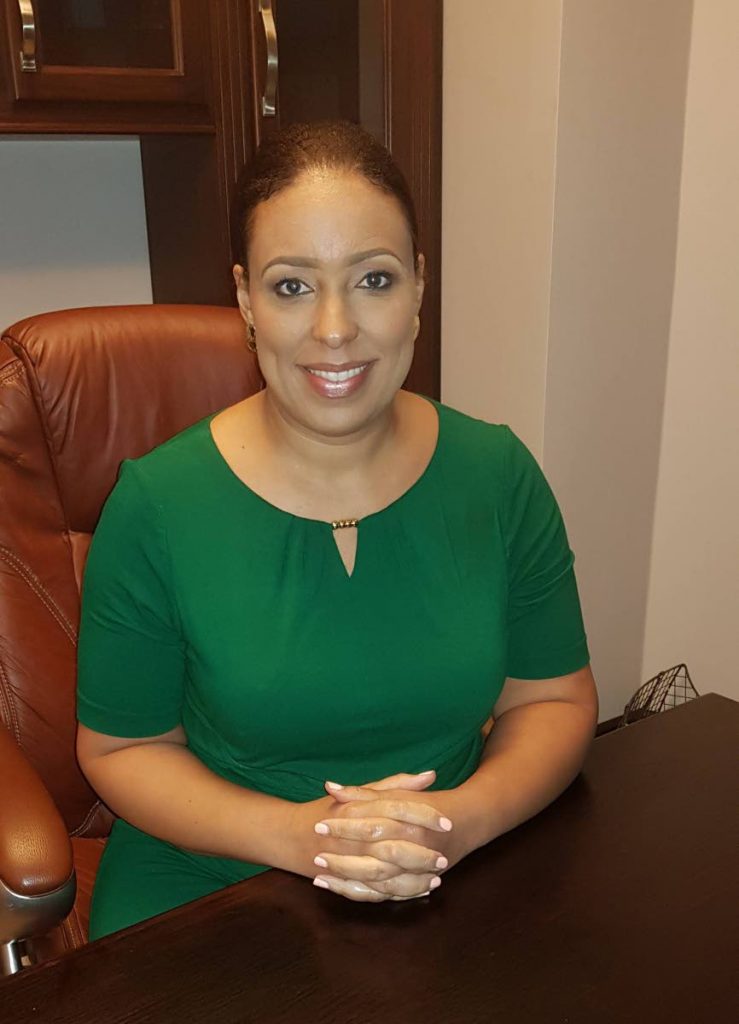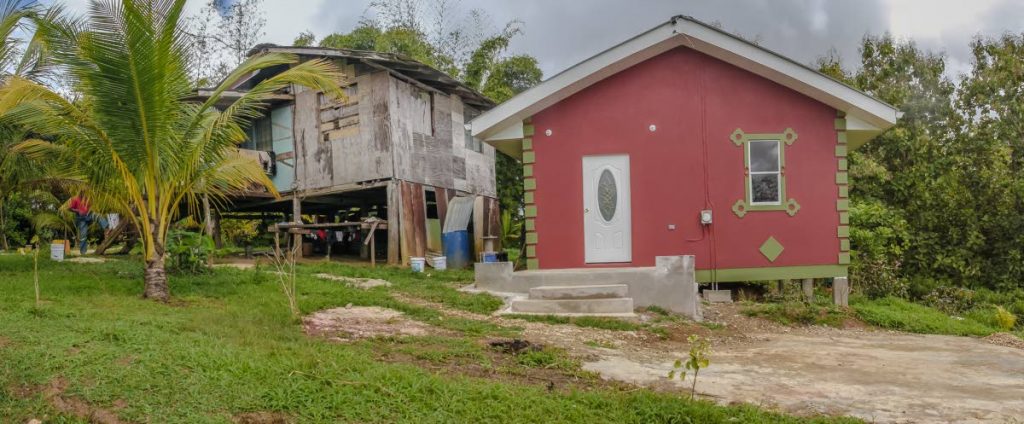Better service for the people

We all see them.
The comments about public servants, posted with ire online, which say things like “this would never happen in the US or Canada” or “public servants don’t do anything”.
Maybe some of you have even contributed to those discussions, either through a low grumble or a quick social media post. But is the public service the monolithic monster we fear.
Is there something to celebrate?
According to the Inter-American Development Bank (IDB), TT and other territories in the region are not as far behind countries like the US or Canada in terms of culture and mindset of public servants.
IDB’s chief of operations Carina Cockburn sat with Business Day this week to discuss the bank’s initiative – the President’s Awards for Service Excellence and Innovation in the Public Sector – and the reputation of public servants.
The IDB Group Country Strategy 2016 to 2020 aims to assist the government with three strategic areas: strengthening public sector institutions and governance; promoting private sector development; and fostering human development.
The bank’s work in TT, through its loan programmes over the past 50 years, has seen it work mostly with public sector institutions and agencies.
“Neither public sector nor private sector is homogeneous. We have worked with very strong agencies and institutions in the execution of projects and we work with those who need institutional strengthening,” Cockburn said during the interview.
She was responding to the idea presented that while the private sector can be more responsive to market changes, the public sector seems to operate at a snail's pace.
TT not far behind
As to the comparisons to more developed nations, Cockburn said the main issue was money.
“There are challenges mostly due to resource constraints. When you think of countries such as the US and Canada, you know they may have more resources to dedicate but it doesn’t mean that you have a good experience. So, you may go into an office to get a driver’s licence in the US and it would take half a day, the lines are long, the service when you get to the counter, nobody is smiling.
Those challenges still exist but there is a pleasant face because the buildings are new and air-conditioned and electronic systems are being used.
“I would say that we want to invest additional resources to bring first class service and innovation to the public sector but in terms of mindset and culture I do not think we are far behind.”
She noted that resources could present challenges when it came to service excellence and innovation.
After all, who is happy working in an old building with no air conditioning? Which customers will be happy standing in long lines with no seats?
“Agencies are constrained by physical infrastructure but there are still ways within those constraints to deliver a service people appreciate. That comes from thinking through how you would feel when receiving that service. So when I leave work to access a service, I don’t want a run-around. I want to be able to go get guidance on forms or which line to be in. If it is hot, I might want a drink of water. Just because the building might not be new, it does not mean it cannot be customer focused. That is what we are looking for, that kind of mindset where public sector workers know they are there to serve the needs of the citizens of TT. That’s how we want to operate.”
Public service winners
The IDB is searching out that mindset in order to incentivise it.
They hope by highlighting positives it can encourage further excellence. This is where the President’s Awards for Service Innovation and Excellence comes in.
Launched last year, the intention is to highlight initiatives and work of public sector institutions that’s positive and having an impact in terms of betterment of the conditions for citizens. Agencies can self-nominate or be nominated by others.

One of the highlights of the awards is that President Paula-Mae Weekes isn’t just the patron, but also an active member of the judging panel, providing direct feedback to agencies.
Last year the IDB received 20 submissions and chose seven finalists, leading to three winners. The overall winner was the Ministry of Housing for its Housing and Village Improvement Programme which focused on improving living conditions in rural communities.
While there was one main award last year, this year, after feedback from the judges, the IDB separated the award into two categories, one for service excellence and the other for innovation.
This year, the IDB expects more submissions. The deadline is October 18 with the awards set for December 3.

Comments
"Better service for the people"